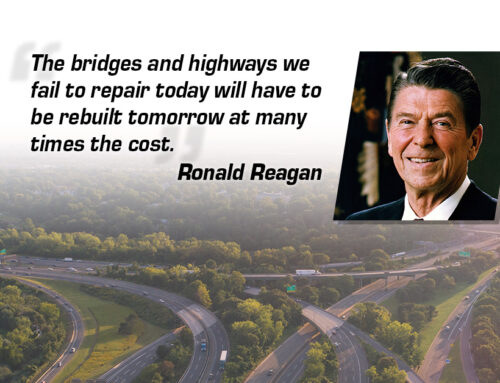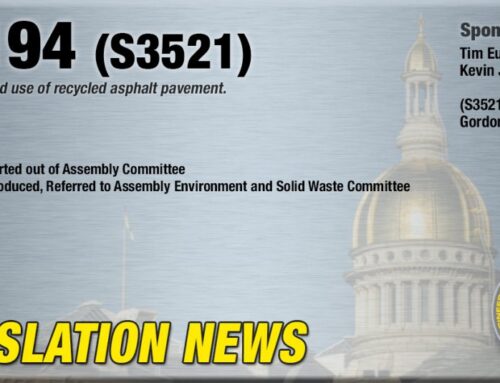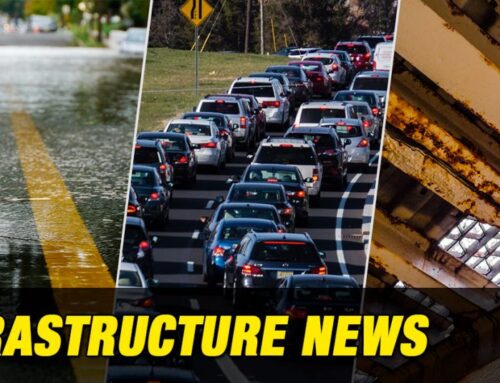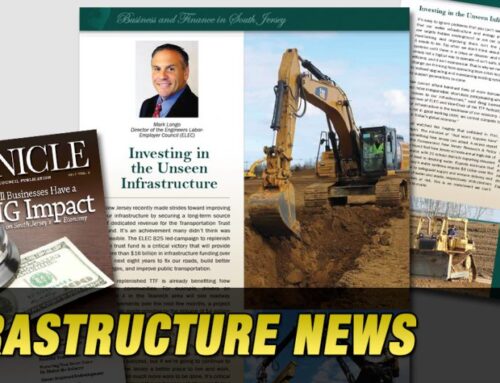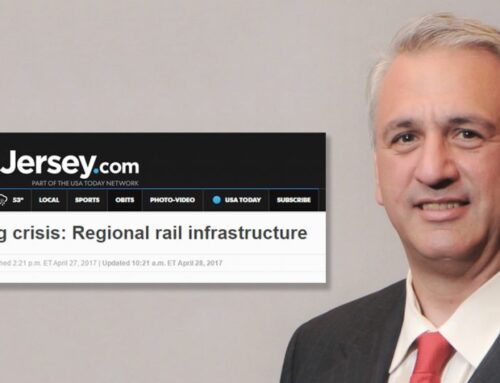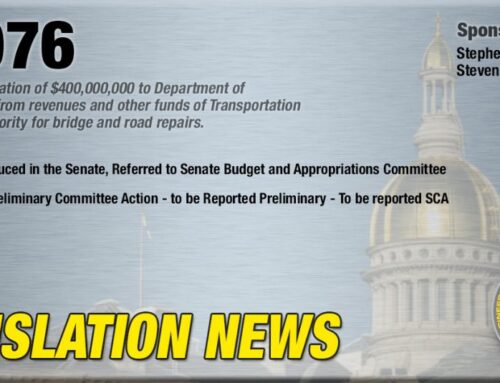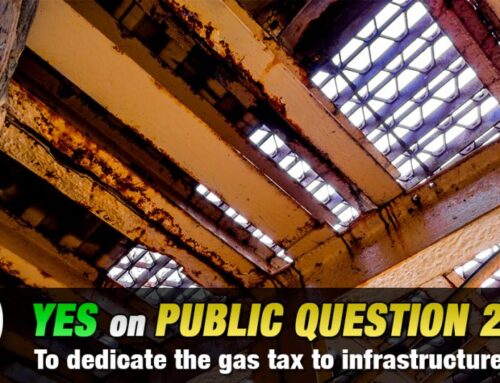If you haven’t heard the news, there’s been a lot of talk about New Jersey’s nearly-bankrupt Transportation Trust Fund (TTF). The TTF provides critical funding for infrastructure around the state, helps projects qualify for matching federal funds, and provides counties and municipalities with hundreds of millions in grants for local projects. The TTF will be bankrupt by July 1.
The TTF’s primary source of funding is the gas tax, which has not been raised since 1988, so many think that raising the gas tax is the logical solution. A gas tax is essentially a fee for driving on NJ roads, and a fair way to charge out-of-state drivers as well; some estimate that as much as 30% of gas tax revenues come from out of state cars and trucks passing through NJ.
But there’s a lot of resistance to this idea, primarily because we as a state are suffering from property tax fatigue. It’s no secret that NJ has some of the highest property taxes in the country, but what’s less well-known is that NJ has the second lowest gas tax in the country, at 14.5 cents per gallon. Only Alaska, at 12.25 cents per gallon, is lower, while neighboring states are significantly higher:

[SOURCE: American Petroleum Institute, as of January 2016]
Despite this, the reflexive response to gas tax discussions is “No! My taxes are too high already!” But you should consider the impact of that position:
- Since the 1990s, resistance to an increased gas tax has resulted in NJ relying increasingly upon bond debt to maintain our roads, bridges, tunnels, and rails.
- New Jersey citizens are currently on the hook for $16 Billion in TTF bonds
- These bonds must be paid back between now and 2044. Yes, 2044.
- By the time the current bonds are paid off with interest, NJ will have paid $30 Billion.
- On top of the $30 Billion, New Jersey needs to build and maintain infrastructure.
In other words, our current approach to our infrastructure funding problem is to kick the problem down the road for our children and grandchildren to solve. Here’s a quick primer on the Transportation Trust Fund Crisis.
Data compiled by the Regional Plan Association shows how much we’ve relied upon debt compared to neighboring transportation agencies:

Not only are we are paying more per mile than we have to because of bond debt, the lack of funds forces NJ DOT and local municipalities to put off repairs as long possible. This ends up costing more in the long run. This study from 1999 shows that if we rehabilitate a road in Very Poor condition it will cost four to five times as much as it would have cost had we rehabilitated it just a short while before:

[SOURCE: Hicks, Seeds, and Peshkin, “Selecting a Preventative Maintenance Treatment For Flexible Pavements,” Foundation for Pavement Preservation, October 1999.]
In short, this resistance to paying for infrastructure today is not only short sighted and damaging to our children’s and grandchildren’s future, it’s fiscally irresponsible, making our roads, bridges, and rails more costly than they need be.
ELEC825 supports a fully funded Transportation Trust Fund that is DEDICATED to capital improvements.


